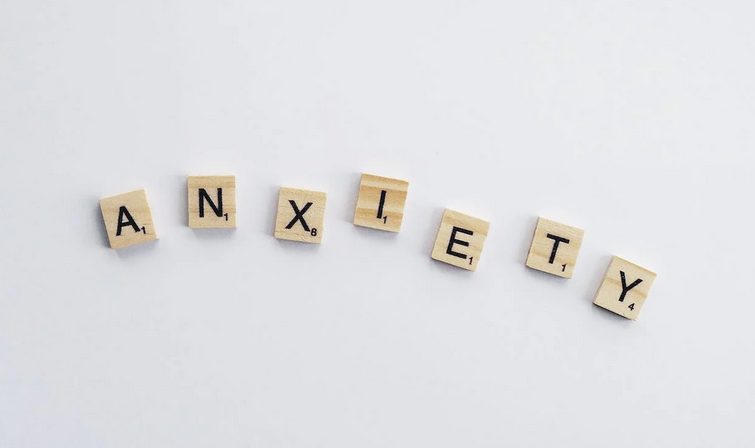In the whirlwind of our busy lives, sleep often takes a backseat. We push bedtime further into the night, thinking we can steal a few extra hours for work or leisure. But what we often overlook is the profound impact sleep has on our mental health. Beyond just feeling refreshed in the morning, quality rest plays a crucial role in nurturing our emotional well-being and mental resilience. Additionally, a lack of sleep can lead to a range of mental health issues, including anxiety and depression.
Unveiling the Connection of Sleep and Mental Health
 Sleep and mental health share a profound relationship. One that’s more intertwined than we might realize. Think of sleep as a vital restoration period for our minds. During those nightly hours, our brains perform a delicate dance, consolidating memories, processing emotions, and rejuvenating cognitive functions. When we compromise on sleep, this intricate process gets disrupted. The effects ripple through our mental landscape, impacting mood regulation, stress management, and even our ability to focus and make decisions. Studies consistently highlight the correlation between insufficient sleep and increased risks of anxiety, depression, and other mental health disorders.
Sleep and mental health share a profound relationship. One that’s more intertwined than we might realize. Think of sleep as a vital restoration period for our minds. During those nightly hours, our brains perform a delicate dance, consolidating memories, processing emotions, and rejuvenating cognitive functions. When we compromise on sleep, this intricate process gets disrupted. The effects ripple through our mental landscape, impacting mood regulation, stress management, and even our ability to focus and make decisions. Studies consistently highlight the correlation between insufficient sleep and increased risks of anxiety, depression, and other mental health disorders.
The Importance of Quality Rest
 It’s not merely about the hours spent in bed but the quality of sleep that matters. Deep, uninterrupted sleep cycles are essential for our mental well-being. This is when our brains engage in the vital tasks of memory consolidation and emotional processing, crucial elements for maintaining equilibrium in our emotional state. Creating an environment conducive to quality sleep is key. Establishing a relaxing bedtime routine, maintaining a comfortable sleep environment, and steering clear of stimulants.
It’s not merely about the hours spent in bed but the quality of sleep that matters. Deep, uninterrupted sleep cycles are essential for our mental well-being. This is when our brains engage in the vital tasks of memory consolidation and emotional processing, crucial elements for maintaining equilibrium in our emotional state. Creating an environment conducive to quality sleep is key. Establishing a relaxing bedtime routine, maintaining a comfortable sleep environment, and steering clear of stimulants.
Breaking the Cycle of Poor Sleep and Mental Health Issues
The relationship between sleep and mental health works both ways. While poor sleep can lead to mental health issues, these issues can also disrupt our sleep patterns. This creates a vicious cycle that can be challenging to break out of. Anxiety and depression, in particular, are known to cause insomnia or other forms of disrupted sleep. Seeking professional help and incorporating healthy sleep habits can help break this cycle and improve overall mental health. Additionally, addressing any underlying sleep disorders, such as sleep apnea or insomnia, can also have a positive impact on mental well-being.

Strategies for Improving Sleep and Mental Health
Incorporating simple strategies in our daily lives can go a long way in improving both sleep quality and mental health. Some effective steps include the following:
- Prioritizing sleep by setting a consistent bedtime routine and sticking to it
- Creating a comfortable sleep environment by keeping the room cool, dark, and quiet
- Limiting screen time before bed as blue light can disrupt our body’s natural sleep-wake cycle
- Practicing relaxation techniques like meditation or deep breathing before bed to calm the mind and improve sleep quality
- Seeking professional help for any underlying sleep disorders or mental health issues
In Conclusion
Ultimately, the relationship between sleep and mental health underscores the significance of nurturing both for a fulfilling life. It’s about acknowledging that investing in quality rest isn’t a luxury but a necessity for our mental and emotional well-being. So, let’s prioritize our sleep not just as a means to feel rested but as a cornerstone of our mental health. By fostering a culture of healthy sleep habits and recognizing the profound impact of rest on our minds, we pave the way toward a more resilient, balanced, and fulfilling life with one night of quality sleep at a time.




